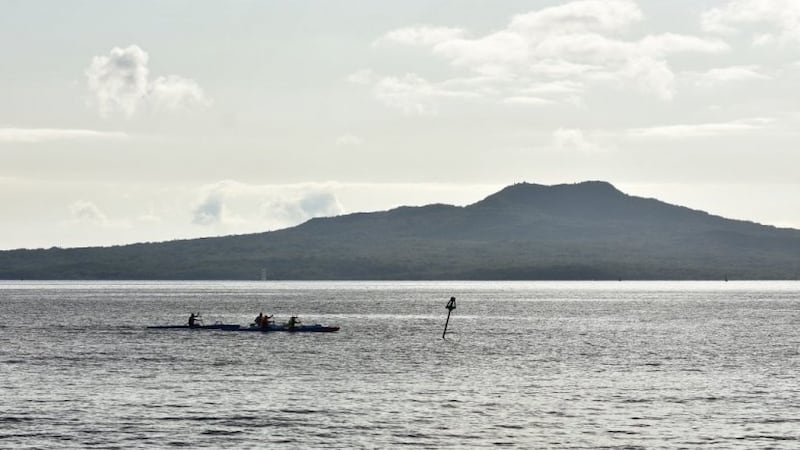Can Māori do anything to protect against climate change? No, says a gloomy meteorologist, who says the climate change problem is not an indigenous problem; it's a global problem.
Māori are particularly susceptible to changes in ocean water levels and energy changes in the weather and ocean cycles as many marae and urupa are near coastal areas and in areas such as Tairāwhiti where recent severe weather from a cyclone devastated the area.
And Kevin Trenberth says there is an energy imbalance and climate change is happening now.
“Everyone needs to recognize what is happening and why and that we all need to build resilience to our ways of life. This means assessing vulnerabilities and possible impacts and fixing them.”
Trenberth is a part of the climate analysis section at the US NCAR National Center for Atmospheric Research and was the lead author of the 2001 and 2007 IPCC Scientific Assessment of Climate Change. he also serves on the Scientific Steering Group for Climate Variability and Predictability.
“Global warming is increasing hot spots in the ocean and increased rains nearby; this is disrupting.”
Flooding risks
“New Zealand should especially assess risks of flooding in coastal regions and along streams and rivers, and move or build structures to prevent flooding. Similarly, with major storms: hurricanes and tropical storms. and risks of strong winds occasionally.”
A new study has been monitoring and recording the content of the ocean including heat, salinity and ocean stratification, which are used to observe critical indicators of the Earth’s energy and water cycle.
The study has found human activities have been a major accelerator of pervasive change in Earth’s climate system through the emissions of greenhouse gases and other invasive substances.
Trenberth says everyone has already done significant damage to the climate with extreme examples of heat, drought and server flooding across the planet and it will take a combined effort to make a change.
“’We certainly need to act as a whole, to slow down and stop the changes occurring but it is unlikely to be reversed. That is not possible. So we need to plan for the consequences.”
“But climate change affects progress and may be magnified and result in major regional changes at various points. These relate to irreversible changes including melting of glaciers, Greenland and around Antarctica, changes in ocean currents and thawing of permafrost.”
Trenberth says if China and the United States combine their efforts and set the stage for the rest of the world, Earth may have a chance of stemming runaway climate change.
But he says because China only does what is perceived beneficial for its country and the Republican Party in the US is a major obstacle to the government’s leadership on climate change, it looks as ifno meaningful change will be made in the near future.

